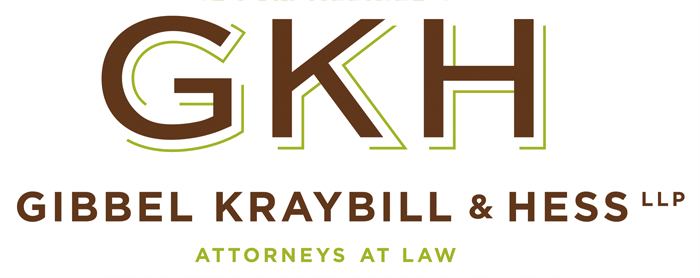Application of New FLSA Overtime Rule to Nonprofits
Important changes to the Fair Labor Standards Act (FLSA) overtime rules will go into effect on December 1, 2016. Under current law, full-time salaried workers who earn less than $23,660 per year are entitled to overtime pay if they work more than 40 hours during a workweek. The new rule increases the salary ceiling to $47,476. Although this change will substantially increase the number of employees entitled to overtime, the FLSA contains coverage limitations that reduce the impact on nonprofits.
The FLSA may apply to an enterprise or to an individual, depending on whether a nonprofit or its employees satisfy the criteria for the relevant type of coverage. As will be seen below, many nonprofits will not be covered. It is important to note, however, that certain “named enterprises” are automatically covered by the FLSA. Examples of these include hospitals, schools, colleges, government agencies, and businesses that provide medical or nursing care for residents.
With respect to enterprise coverage, the test is whether the business engages in ordinary commercial activities and has annual gross sales or business revenue of at least $500,000. Ordinary commercial activities are those that are performed for a business purpose and are intended to generate revenue, such as operating a gift store or providing services for a fee. The good news for nonprofits is that activities that are charitable in nature are not considered ordinary commercial activities. Examples of such charitable activities include providing food, clothing, or temporary shelter to the homeless, providing counseling services to victims of sexual assault, and operating a disaster relief program. In addition, income that is used in furtherance of charitable activities (e.g., donations of cash or property, membership fees and dues, etc.) is also excluded from the calculation. Thus, an organization that exclusively provides charitable services, even if it receives charitable contributions in excess of the $500,000 threshold, will not be a covered enterprise under the FLSA.
Even if the overtime rule does not apply to a nonprofit on the enterprise level, it may nevertheless apply to individual employees. The test for individual coverage is satisfied where an employee is engaged in interstate commerce, in the production of goods for interstate commerce, or in a closely-related process or occupation. Examples of such activities include sending or receiving communications across state lines, shipping or receiving goods across state lines, and processing interstate credit card transactions. Thus, a nonprofit that does not engage in activities for a business purpose may still have employees who are entitled to overtime under the FLSA.
In conclusion, although the FLSA does not include a specific exception for nonprofits, the enterprise and individual coverage tests are structured in such a way that most nonprofits and their employees will not be covered by the final overtime rule. Moreover, to the extent it is necessary for a nonprofit to engage in interstate commerce, it may be possible to minimize the number of covered employees by managing their responsibilities.
DISCLAIMER: The foregoing does not constitute legal advice and has been prepared for informational purposes only. Please contact us to determine how the FLSA overtime rule applies to your specific organization and its employees.
Prepared by GKH attorney Doug Smith. Attorney Smith practices in the areas of Estate Planning and Administration, Business Succession Planning, Nonprofit Organization, Corporate and Commercial Law, and Tax Law.
